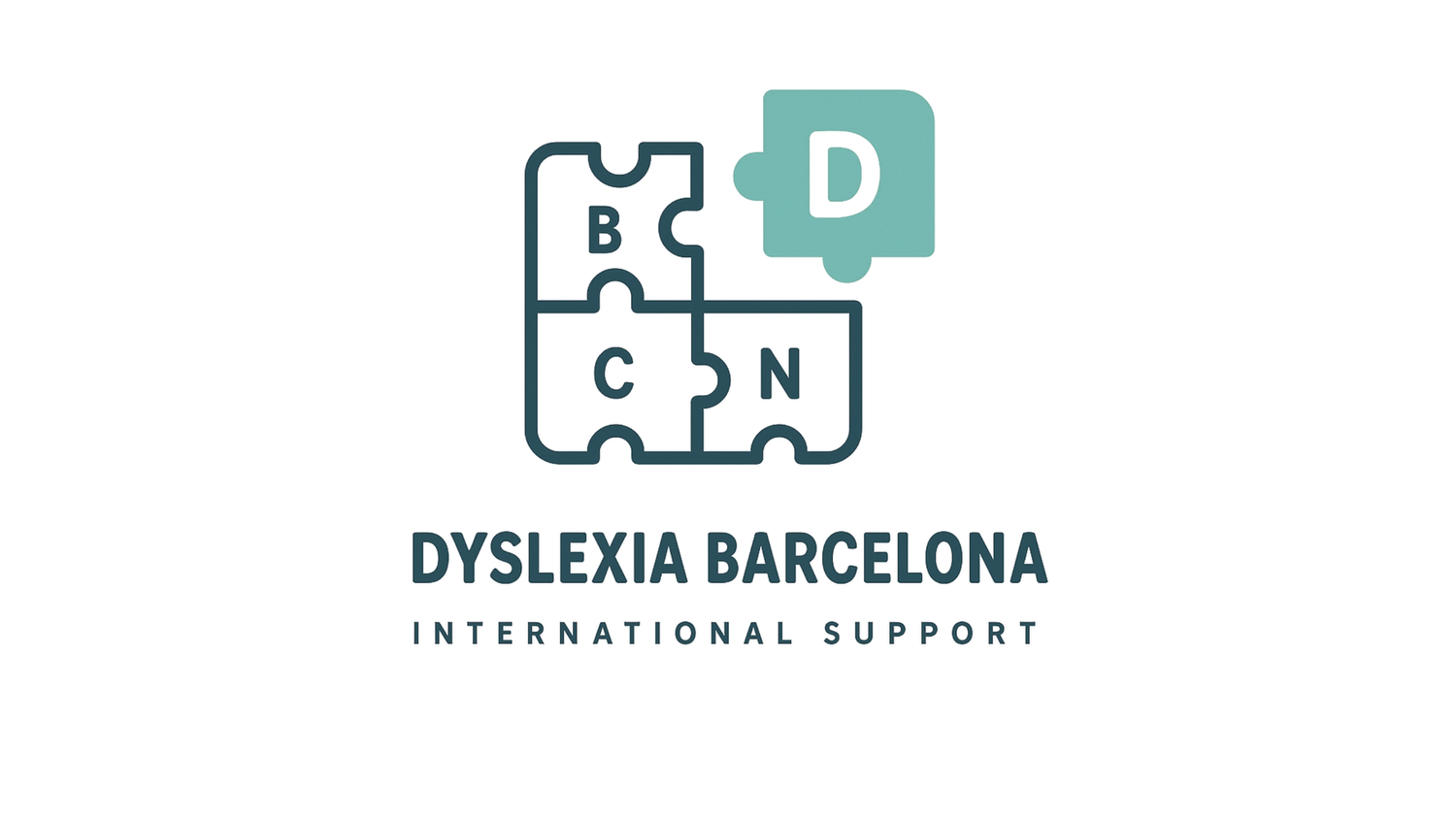Building confidence using evidence based interventions.
We currently offer online intervention sessions.
Our sessions are structured, cumulative and include a multi-sensory approach.
Every session is individualised and tailored to the needs of each learner.
Our support is based on the Orton-Gillingham approach as well as other research and evidence-based practices.
Learners will be screened before sessions begin to allow for an Individual Learning Profile to be developed.
What is Orton Gillingham?
The Orton-Gillingham Approach is a comprehensive, direct, and multisensory method for teaching literacy to individuals who struggle with reading, writing, and spelling, particularly those with dyslexia. It is best understood as an approach rather than a specific method, program, or system.
When implemented by a well-trained instructor, it becomes a versatile and powerful tool tailored to the unique learning needs of each student. Practitioners of the Orton-Gillingham Approach customize lessons and materials to address individual strengths and weaknesses, ensuring that instruction is paced appropriately.
Students with dyslexia require explicit and systematic instruction in language fundamentals to develop strong reading and writing skills. This approach focuses on helping students with dyslexia effectively organise and understand language elements that may be challenging for them, ultimately supporting their literacy development.
What is the right age for support?
So when is the right time to look for help? You can screen early, and you can intervene just as early. We provide support from the age of 6 years old. The earlier learning difficulties are identified and an effective intervention programme is implemented, the better the chance of improving long term outcomes.
The wait-and-see approach for children with literacy difficulties hinders their development, as it allows critical early interventions to be postponed, potentially impeding their progress and long-term success.
Find out more about Orton Gillingham here
Join our waitlist
We are currently at full capacity for support. If you would like to be added to the waitlist for Orton Gillingham Intervention please fill out the form below.
❊ FAQs
You’ve got questions,
we’ve got answers
-
Sessions typically last 45 minutes, depending on the child’s age and specific needs.
-
For best results, sessions are usually scheduled once or twice a week. Consistency is important to reinforce learning and build skills over time.
-
The number of sessions varies depending on the child’s individual needs and progress. Some children may see significant improvement after a few months, while others benefit from longer-term support.
-
Absolutely. Regular communication is part of our approach. We provide feedback to families and discuss strategies you can use at home to support learning.
-
Yes. Our approach is adaptable to bilingual and multilingual learners, taking into account their language backgrounds to ensure the most effective support.
-
Progress is tracked through regular assessments, observation, and feedback, ensuring that sessions remain targeted and effective.


